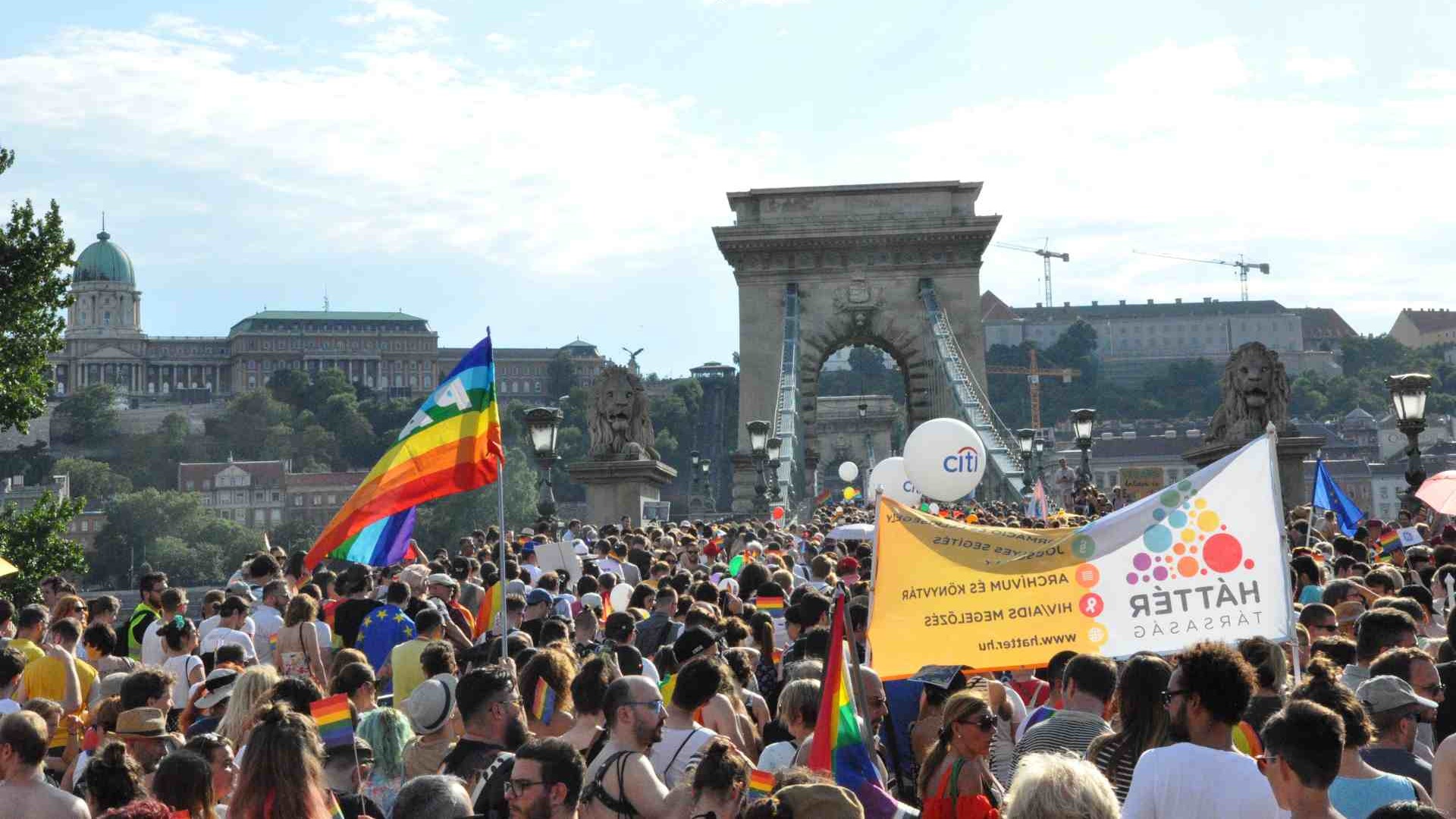Hungary passes amendment to constitution which bans public LGBTQ+ events and recognises only two genders
The amendment, which states it is in protection of "children's rights", was passed by a vote of 140 for to 21 against
By Gary Grimes

The Hungarian government has voted to pass an amendment to its constitution which will ban all public events by LGBTQ+ communities.
The amendment follows on from a law which was fast-tracked last month to ban Pride marches from taking place in the country on the basis that such events could harm children’s “moral development.” This law also controversially allows police to use facial recognition technology to identify people who attend such events and fine them up to 200,000 Hungarian forints (£412) for their attendance.
In order to pass, the amendment required a two-thirds majority vote, which it received when it passed by a vote of 140 for to 21 against.
The amendment was proposed by the ruling Fidesz-KDNP coalition led by current Prime Minister Viktor Orbán. As per the Associated Press, the amendment states “that children’s rights to moral, physical and spiritual development supersede any right other than the right to life, including that to peacefully assemble.”
“This whole endeavor which we see launched by the government, it has nothing to do with children’s rights,” Dánel Döbrentey, a lawyer with the Hungarian Civil Liberties Union, commented on the ruling to AP. The lawyer later referred to the amendment as “pure propaganda.”
Elsewhere in the amendment, it states that the constitution must only recognise two genders – male and female. This follows on from the executive order signed by Donald Trump earlier this year demanding all US federal agencies to similarly only recognise two genders.
The amendment provides a constitutional basis for the gender identities of transgender people to be denied, whilst also ignoring the existence of intersex people.
“[This amendment] is definitely and purely and strictly about humiliating people and excluding [transgender people], not just from the national community, but even from the community of human beings,” said Döbrentey.
